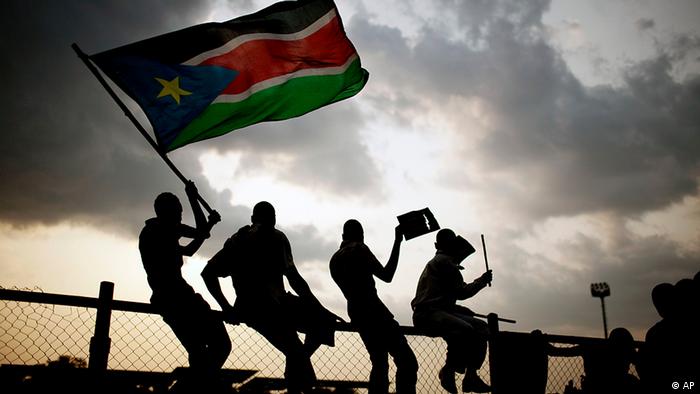
In January 2011, South Sudanese voted through a referendum for their independence, with a nearly 99 percent vote in favor of secession. The period followed until South Sudan’s formal declaration of independence was difficult. At a time when violence was the norm and not the exception in both Sudan and South Sudan, the attacks along the north-south borders increased after the referendum. Unresolved and complex issues like debts, assets, and citizenship issues, but mainly defining the borders and sharing oil revenues made South Sudan’s path to independence even more challenging. The hope for a better future that accompanied the country’s independence on July 9, 2011, crashed almost immediately, as the long-standing conflict with the Republic of Sudan had detrimental effects on the country’s natural and human resources.
In addition to the continuing struggle with the Republic of Sudan over revenue from oil sources, as the south took over three-quarters of the oil reserves but the north had control of all pipelines and the refineries, the country two years after gaining its independence shook by civil war. The war began between the government forces of President Salva Kiir and opposition armed forces led by now-first vice President Riek Machar. Although the war ended in 2018 with the signing of a peace deal between the two political rivals and the formation of the Revitalized Transitional Government of National Unity two years later, which included members from both sides, South Sudan had to deal with an unprecedented multidimensional crisis. Political and military instability, food insecurity, famine, economic depression, and ethnic division led 2.27 million refugees to move to neighboring countries, while seven million people still live in extreme poverty and continue to face hunger.
Although the country’s value on natural sources, the government’s lack of state investment and economic development, in conjunction with the continuous grand corruption, holds South Sudan reliant on external assistance until this day. In 2021, the year of the 10th anniversary of the country’s independence, South Sudan was facing its highest levels of food insecurity in addition to the increase in illness and lack of clean water and hygiene. But 2021 was one of the most challenging and dangerous years for aid workers as well, with 319 violent incidents reported. Since the beginning of 2022, five humanitarian workers have been killed in the line of duty. As the country’s situation was not alarming enough, sex abuse allegations against aid workers at the UN-run camp at Malakal came to light this year. The accusations first surfaced in 2015, meaning that the UN officials were well aware of the accounts of abuse, but it was not until the previous month that the UN chief António Guterres asked for an “urgent report” to ensure accountability for the sexual exploitation and women abuse by UN workers in South Sudan.
Climate change has been an added problem to the already precarious. In 2021 the country had its worst flood ever, affecting almost a million people, as has been recorded by the UN humanitarian affairs office. The climate crisis that South Sudan is facing has affected the already fragile peace and security. Floods have destroyed houses, health facilities, and big areas of farmland on which the majority of the population was depending to survive, exacerbating the country’s humanitarian crisis and intensifying tensions. In the past years, several conflicts over natural resources, ownership of land, and rights have arisen, driving the number of internally displaced in South Sudan up to over 1.3 million in January of 2022.
The aid, either humanitarian or financial, that South Sudan has received over the past eleven years from the international community has been an essential support to the country and its people. However, as history has shown, external help is not enough and drastic measures need to be taken on a local level. The government has to focus on the country’s economic development and stability by using its enormous natural resources while setting South Sudanese and their needs as a priority.
By The European Institute for International Law and International Relations.















